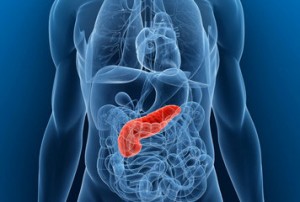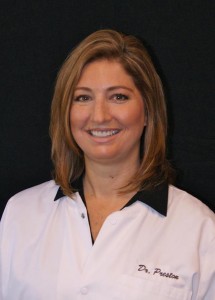The University Hospitals of Leicester NHS Trust has been actively involved in the formation of the pancreas tissue bank as a key collaborating centre and will collect tissue samples under the leadership of Consultant Hepatobiliary and Pancreatic Surgeon, Mr Matthew Metcalfe.
The tissue samples will be housed at a special tissue banking facilities at Barts Cancer Institute, Queen Mary University of London, which will also act as the co-ordinating centre. Matt said: “We are really keen to get involved as, despite enormous effort, the rate of pancreatic cancer in Leicester remains very high. Leicester is one of the largest centres for pancreatic cancer and so has a lot to contribute to the national tissue bank as we have a large number of specimens to add which will prove extremely important to the research done there. This research is the next step in improving outcomes in regards to patients with pancreatic cancer.” The Pancreatic Cancer Research Fund Tissue Bank brings together surgeons, pathologists, oncologists, researchers and database experts to co-ordinate a national – and ultimately international - resource that will help to develop new treatments and bring these to patients much faster.
The Tissue Bank is being funded with £2 million from the UK research charity, Pancreatic Cancer Research Fund (PCRF). Its founder and CEO, Maggie Blanks, said:
“Researchers told us that progress was being held back by the scarcity of high-quality tissue samples on which they can test their ideas and validate their research. For research results to be more meaningful, the samples must be collected, handled and stored consistently, following strict procedures. A nationally co-ordinated tissue bank will not only ensure that more samples become available to researchers, but that these are quality controlled to provide a much better basis for the very best research to be carried out. It’s a huge commitment for the charity, but thanks to the generosity of our supporters we’ve been able to make it happen.”
Around 8,800 people in the UK are diagnosed with pancreatic cancer each year. It’s known as the UK’s deadliest cancer, with a survival rate of just 3% – a figure that has barely improved in 40 years. New treatments are desperately needed: surgery to remove the tumour offers the best chance of survival – but most patients are diagnosed when the cancer has already spread to other organs. Without surgery, the average survival time from diagnosis is 6 months.
The new facility, based at Barts Cancer Institute, Queen Mary University of London (QMUL), will store tissue donated by consenting patients with diseases of the pancreas undergoing biopsy or surgery at partner hospitals in five cities initially: London, Southampton, Oxford, Leicester and Swansea. All samples will be anonymised before being banked.
Uniquely, the PCRF Tissue Bank will not only house samples of patients’ pancreatic tumours and other pancreatic diseases, but will also store blood, saliva and urine samples. Each donation will be logged with detailed medical and, where possible, genetic information so that researchers can request exactly the right type of sample for their research. Data generated by all research projects using Tissue Bank samples will be fed back into a bespoke database, and will be made freely available to the global research community, to inform and underpin their own research.

